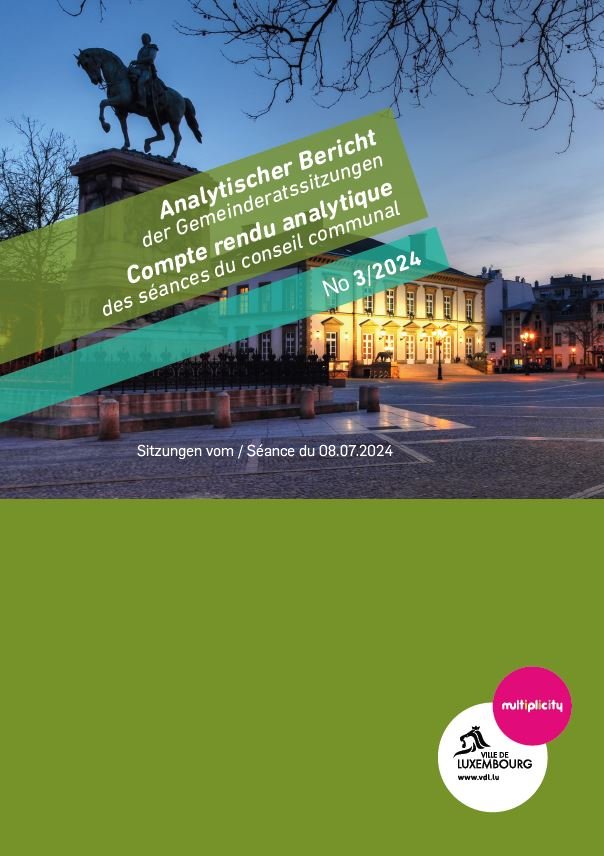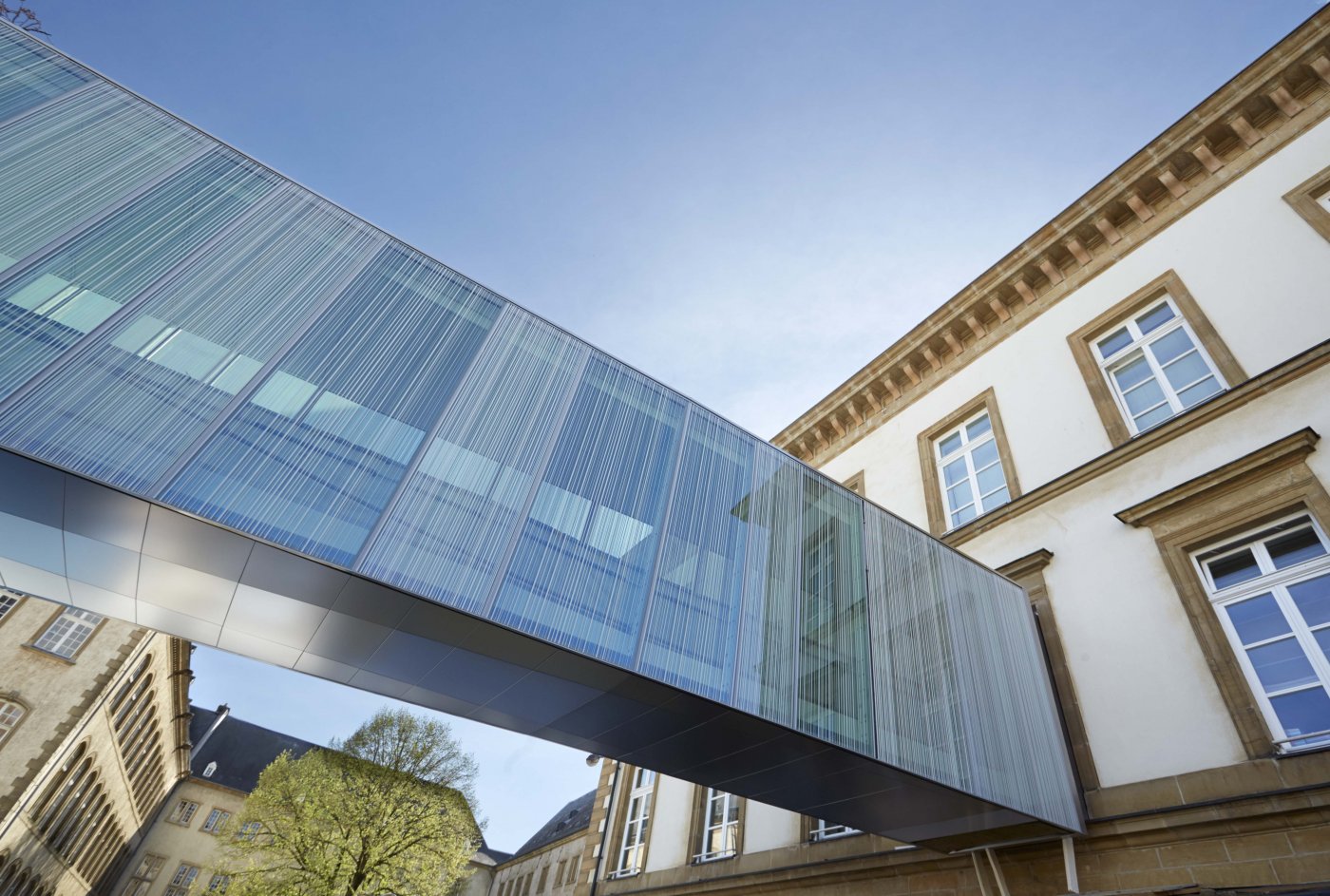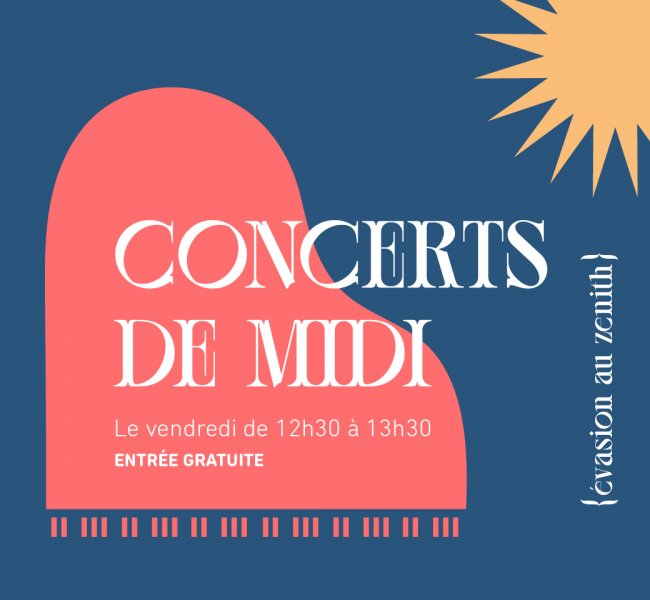Open session
1. Questions asked by municipal councillors.
2. Traffic: permanent amendments to the traffic regulations – confirmation of temporary regulations – decision.
3. Agreements – approval.
4. Work estimate – approval.
- Rectified estimate for the Ban de Gasperich public park project
- Rectified estimate for works to secure the hazardous rock faces along Val de Hamm and Rue du Fort Dumoulin in Pulvermühl
- Final project for the construction of a temporary sports hall in Dommeldange
- Project to renovate and repurpose the old Roudemerhaff farm at 6, rue d'Eschweiler, Rodenbourg – Junglinster
- Project to build new rainwater and wastewater drains in Val Ste Croix, and upgrade of the existing water retention basin in Allée Léopold Goebbel – Lot 2: "PAP Arquebusiers" allotment
- Project to upgrade Rue Charles Martel
- Rectified estimate for the affordable housing project at 27, rue Jean-François Gangler, in Bonnevoie
- "Kockelscheuer-Roeser 2" bicycle lane project
5. Urban planning:
- Minor amendment to the PAG (referral) – "Boulevard Charles Simonis [CT[1]09a]" PAP NQ
- Minor amendment to the PAG (referral) – "Grünewald-Ouest [WH-12]" PAP NQ
- Listing of the buildings at 28 and 30, rue M. Rodange as national cultural heritage sites – opinion
- Subdivision of land pursuant to Article 29 of the law on municipal planning and urban development (loi concernant l'aménagement communal et le développement urbain)
Download
6. Mobility Plan – presentation.
7. Motion tabled by the Déi Gréng political group to ease traffic in Luxembourg City – vote.
8. Motion tabled by the Piraten political group to build a pet cemetery – vote.
9. Motion tabled by the Déi Gréng political group to improve the quality of life in the Gare district – vote.
10. Motion tabled by the Déi Lénk political group calling for strict limits on night flights at Luxembourg airport – presentation.
11. Motion tabled by the Déi Gréng political group to review the plans for the upgrade of Rue de Gasperich – presentation.
12. Motion tabled by the Déi Gréng, LSAP, Piraten and Déi Lénk political groups to make Municipal Council meetings more accessible and transparent – presentation.
13. Temporary organisational arrangement for music classes at the Luxembourg City Conservatoire in the 2024–2025 school year: presentation and vote.
14. Municipal regulations – approval. – Amendment to the regulation on cemeteries
15. Municipal forest management plan for 2025 – approval.
16. City finances – approval. – statement of surplus 2023 – property tax: – rates for 2025 – corporation tax – rate for 2025
17. Allocation of grants – decision.
18. Legal affairs: authorisations to initiate legal proceedings.
19. Creation/elimination of positions – decision.
20. Office social (Social Welfare Office): creation of positions – opinion.
Closed session
21. Rent Committee:
- Resignation of Anouck Speltz as Committee Secretary – replaced by Shari Thuyns
22. Advisory committees: replacement of members.
23. Office social (Social Welfare Office): replacement of a member of the Board of Directors further to Fabiana Bartolozzi's resignation
24. Municipal hospices: personnel matters – opinion.
25. Fondation J.-P. Pescatore: personnel matters – opinion.
26. Personnel matters – decision
Live broadcast of meetings
Watch the video recording of this session.
Summary record
The summary record is a transcript of the discussions held and decisions taken by the municipal council. As such, it is an important source of information for citizens of the capital with regard to projects and measures that may have an impact on their daily life.
The summary record of this session will be made available shortly.
Keep reading

Keep reading

Keep reading

Keep reading

Questions asked by municipal councillors
"Luxembourg-Ticket" ticketing service
Question posed by Christa Brömmel
The "Luxembourg-Ticket" ticketing service, set up in 2003, enables culture lovers to buy tickets either in person or online. It is a joint platform managed by ALAC, the City of Luxembourg, ECHO and the Ministry of Culture and Tourism (Ministère de la Culture et du Tourisme). According to the latest information, the City has decided to leave the luxembourgticket.lu platform at the end of 2024. In future, tickets will be sold via the Utick ticketing service.
- What prompted the College of Aldermen to leave the luxembourgticket.lu platform?
- What are the benefits of the new Utick platform?
- Can you provide more information on the cost-benefit ratio of the Utick platform?
- Which of the city's cultural institutions will use Utick?
- What communication and information strategy is planned to inform users of the transfer?
- How many people will the City need to hire to provide the Utick service?
- How many jobs will be lost at "Luxembourg-Ticket" as a result of the City's termination of the partnership? Does the City intend to hire the affected personnel?
Response provided by Lydie Polfer
The changes mentioned by Councillor Brömmel are part of the dissolution of ALAC and the reorganisation of the ticketing system. The largest public institutions, such as neimënster, the Philharmonie and the Film Festival, were not part of the electronic ticketing system. The City has decided to use Utick in the future. Utick takes greater account of the specific needs of the theatres, as well as different situations, such as events where the audience is not seated in the main hall.
All tickets for the 2024/2025 season will be sold via Utick. This is the case for the Grand Théâtre, the Théâtre des Capucins and the Cinémathèque. All three establishments are very happy with the system.
A letter has been sent to all subscribers. The City informed the public of these changes at the press conference on the municipal theatres' 2024/2025 season. Posters are currently displayed in bus shelters.
Three roles have been created for the Théâtre and one for the Cinémathèque. The City has taken on two of the six employees who previously worked for ALAC's electronic ticketing service. The remaining personnel will be taken on by the State (Ministry of Culture).
This whole process has been carried out in close collaboration with the State, with the aim of offering an even better service.
Weekend closure of Rue de Neudorf
Question posed by Tom Weidig
From Saturday, 18 May until Monday, 20 May 2024, Rue de Neudorf was partially closed to traffic due to roadworks. There was no pedestrian access on certain sections, as the pavement was closed due to other works. Residents of Rue de Neudorf have told us that they were not informed in advance of these works.
- Who needs to be informed in the event of the total or partial closure of a street (local residents, service providers working there, etc.)? How is this information normally communicated, and how far in advance?
- Were the usual guidelines for communicating with the people affected followed for the works in question? If not, why not? Are there any plans to improve communication in the future?
- Where can residents find out about road closures, and is there a point of contact for their complaints?
Response provided by Simone Beissel
These works were not carried out the City, but by the National Roads Administration (Administration des Ponts et Chaussées), which is responsible for Rue de Neudorf. Normally, the regional directorate of the National Roads Administration informs local residents a week before a street closure by a notice delivered through their letterboxes. In this case, the information was communicated too late. We have asked the National Roads Administration to inform affected local residents earlier in future.
The "Current construction projects" section on the City's website provides information on all ongoing works. The City's construction mediators are available to receive any complaints from the public.
Pride Run
Urgent question posed by Maxime Miltgen
As explained in my question of 4 June 2024, ING Bank's decision to close its retail operations has had a negative impact on around 40,000 customers and a number of employees in Luxembourg. In answer to my question about the Night Marathon, the mayor stated that the City had not signed a contract with ING Bank and that the City therefore had no influence on the collaboration between the marathon organiser and the bank as the main sponsor. In my opinion, the bank's approach proves that it has very little regard for the general public, and that it lacks a social conscience.
Much to my surprise, I've learnt that the Pride Run 2024 on 11 July, an important event in support of the LGBTIQ+ community, is being organised by the City in collaboration with ING Bank. Given that, according to the City's website, the Pride Run aims to celebrate diversity and inclusion in an "open, tolerant and diverse city", I would like to ask the College of Aldermen a few questions about the choice of co-organiser:
- How did the City choose ING Bank to co-organise the Pride Run?
- Following ING Bank's announcement of the closure of its retail department – which puts many people in a difficult situation – does the City intend to continue working with ING Bank?
- Would it not be better, in order to underline the important message of the Pride Run, to work in future with a partner that puts people, diversity and solidarity at the top of its business priorities?
Response provided by Maurice Bauer
As we pointed out in our reply to your question of 4 June, there is no contract between the City and ING Bank. About a year ago, the bank decided on its own initiative to organise a Pride Run, in collaboration with the association Urban Trail a.s.b.l. for the technical organisation. The organiser approached the City to allow the event to take place in the capital. The City welcomed this initiative from the outset. As with other events, the City supports the Pride Run with logistical assistance. It does not provide financial support.
As regards the question of whether the City intends to continue working with ING Bank, we make a clear distinction between the Pride Run and the Night Marathon. The latter is currently under investigation at national level and by the banking supervisory authority, and the City does not intend to get involved, as this is not within its remit.
The Pride Run is perfectly aligned with the City's policies, and in particular with the action plan of the Equal Opportunities Commission. We want an open and free city, where everyone is welcome. We believe that it is very important for the City to play a leading role when it comes to the rights of the LGBTIQ+ community. As you may recall, a month ago, in collaboration with the US Embassy, Boulevard Emmanuel Servais was temporarily renamed Boulevard James Hormel. James Hormel was a US ambassador and LGBTIQ+ activist. The municipal council has declared the city an LGBTIQ+ freedom zone, and the City is in the process of implementing a wide range of other actions. All members of the Equal Opportunities Commission supported the Pride Run, and many even ordered T-shirts to actively participate.
Stickers in public spaces
Question posed by Nathalie Oberweis
For the past eight months, the besieged enclave of Gaza has been in the grip of a devastating and genocidal war. For months, Luxembourg residents have been trying to draw attention to the humanitarian situation in Gaza. One thing they have been doing is placing "Stop the genocide" stickers in public spaces. There are different versions of these stickers, but they all draw attention to the situation in Gaza and call for a ceasefire and/or an end to the illegal occupation of Palestine.
Of course, other movements, with the same sense of urgency, put up stickers in solidarity with refugees or for climate justice, which is also legitimate. However, we have been told that the municipal Service Hygiène (Sanitation Department) had been instructed to remove only the stickers about the genocide in Gaza. We believe that public spaces belong to everyone and should be used as a platform to speak up for a fairer world.
- Can the mayor confirm whether the Service Hygiène or another department has been asked to remove these stickers?
- If so, was this instruction given only for "pro-Palestine" stickers? If so, why?
- Does the College of Aldermen plan to install a large number of boards in the city's districts to allow free expression and the promotion of the activities of non-profit associations?
Response provided by Lydie Polfer
Article 34 of the City's general police regulations is extremely clear: unless authorised by the mayor, it is prohibited to cover public spaces or any other public facilities with marks, symbols, inscriptions, drawings, images or paintings. It is therefore generally prohibited to affix stickers to public facilities.
Municipal departments ensure the cleanliness of facilities for which they are responsible – for example, the Service Autobus (Bus Department) for bus shelters. After a certain period of time, it can be extremely difficult to remove stickers. JCDecaux has lodged a complaint, as some of the stickers have also been covered in black paint, causing considerable damage to the bus shelters where they were affixed.
The municipal departments have absolutely not been instructed to remove only certain stickers. Stickers of any kind are prohibited and, consequently, all stickers are removed.
Recently, a poster was placed on a Rue des Bains road sign on the facade of the Badanstalt. On my instruction, this poster was also removed.
As regards the question of whether specific spaces could be made available in the districts for people to express their opinions, it might be possible to find a way as part of the introduction of electronic notice boards ("Reiders"), but I would like to stress that the unauthorised affixing of stickers is not permitted. Generally speaking, it is important to bear in mind that removing stickers entails high costs for other people – and that it is generally not good publicity for the respective cause either.
Article 13, paragraph 3 of the Municipal Law establishes that each member of the Municipal Council, acting in their individual capacity, shall enjoy the right of initiative to add to the agenda drawn up by the College of Aldermen one or more proposals that they wish to submit to the Municipal Council.
Any such proposal must be submitted in the form of a written reasoned request to the mayor at least three days before the meeting of the municipal council.












